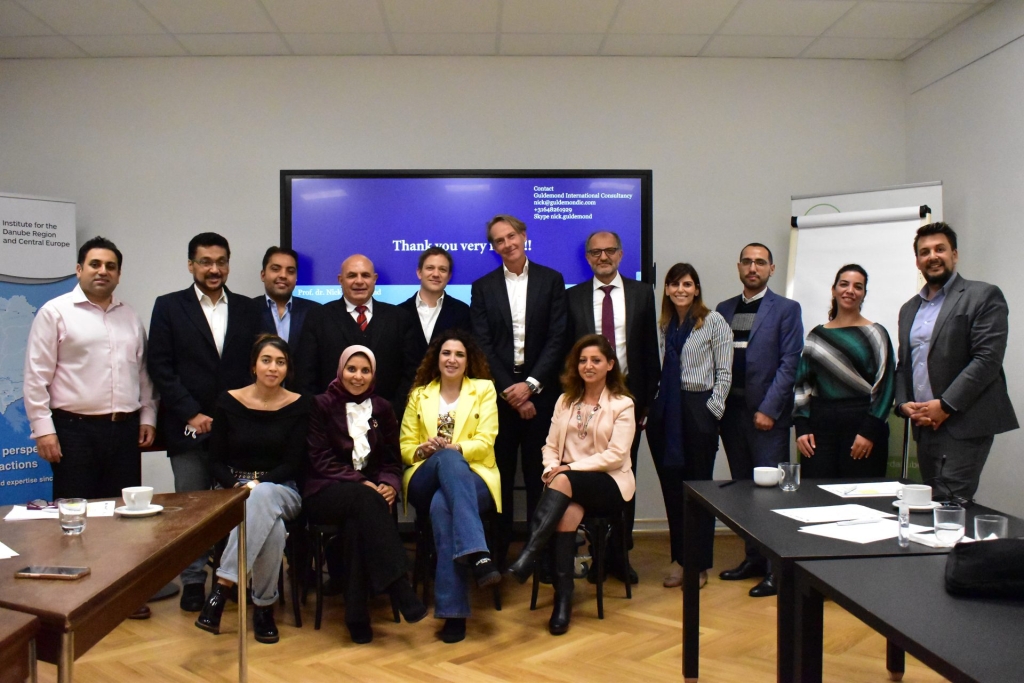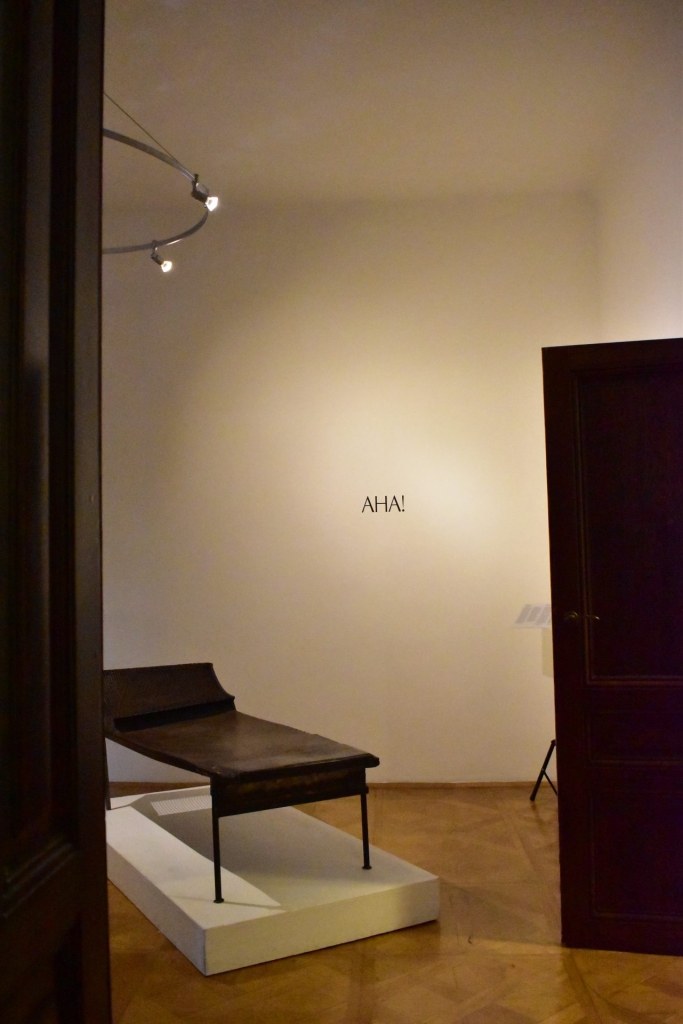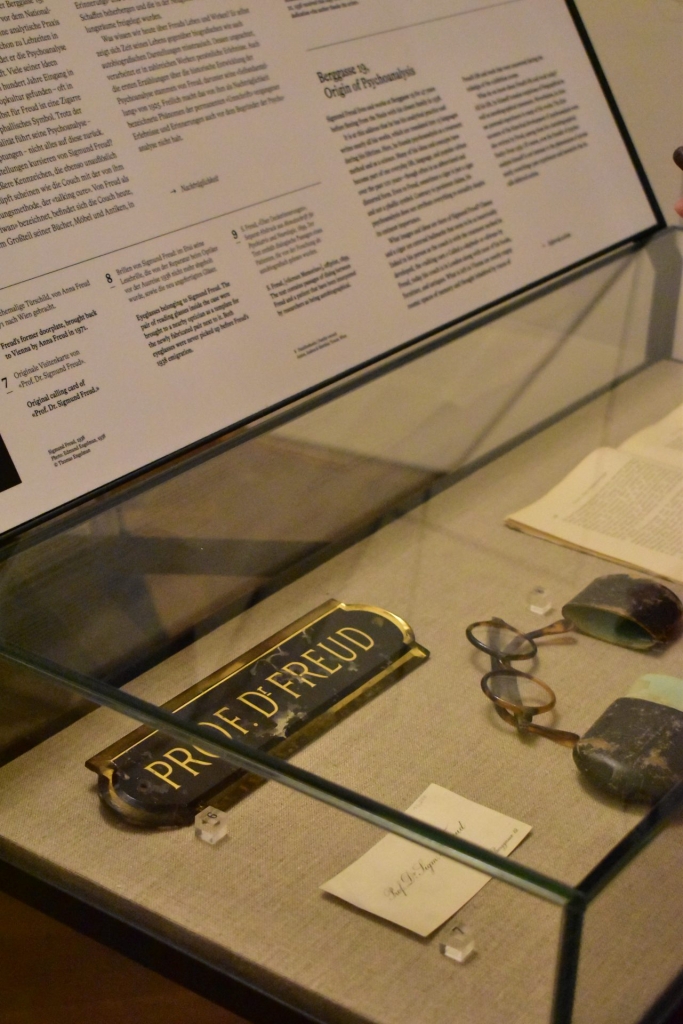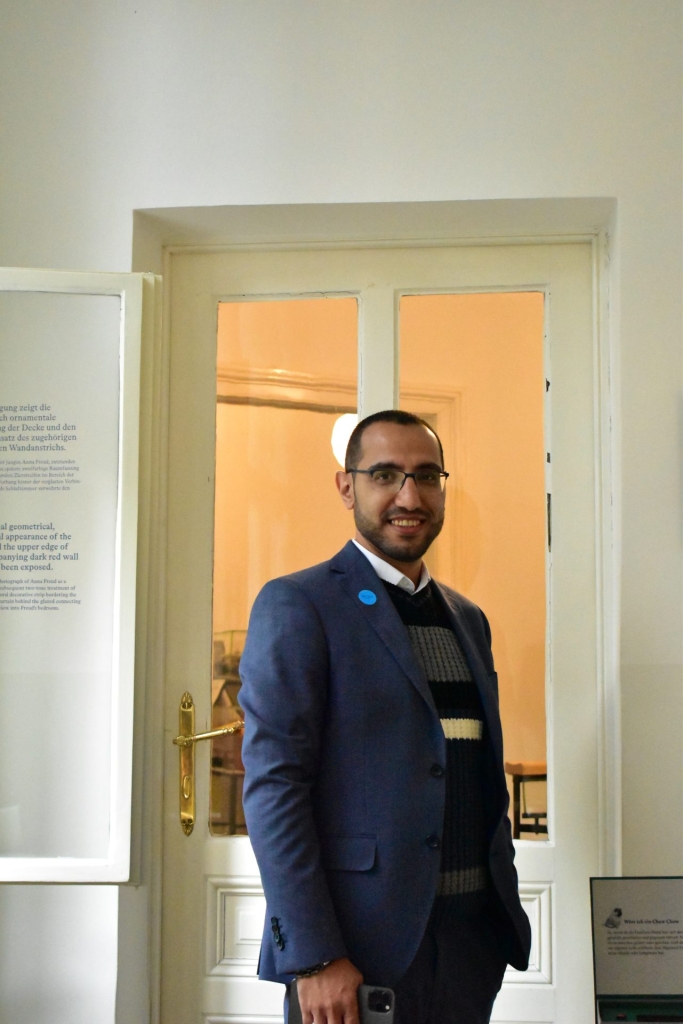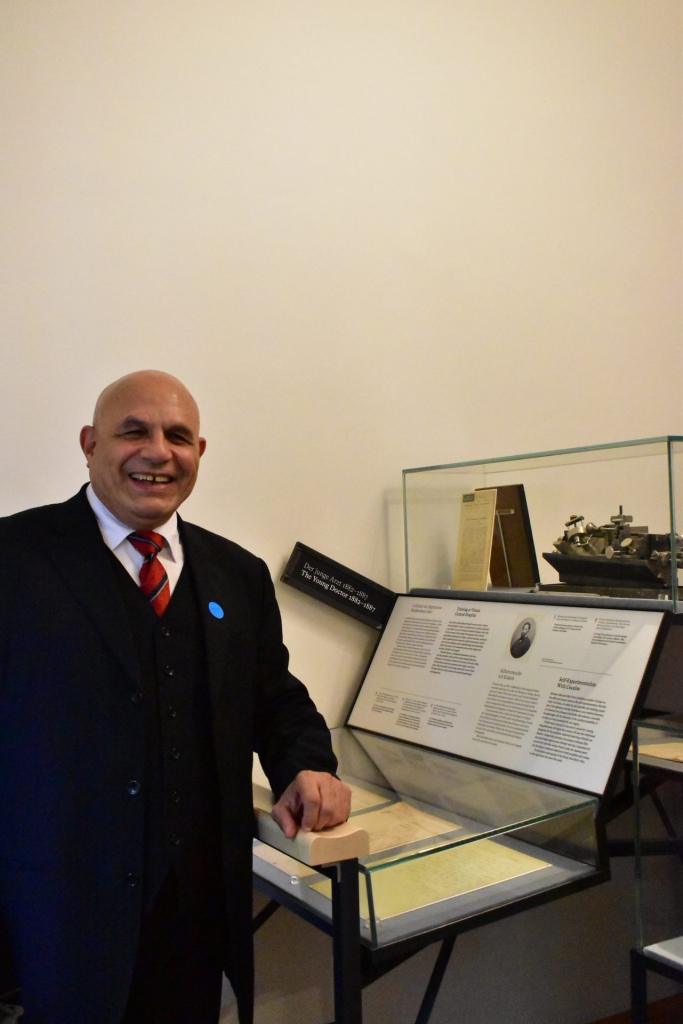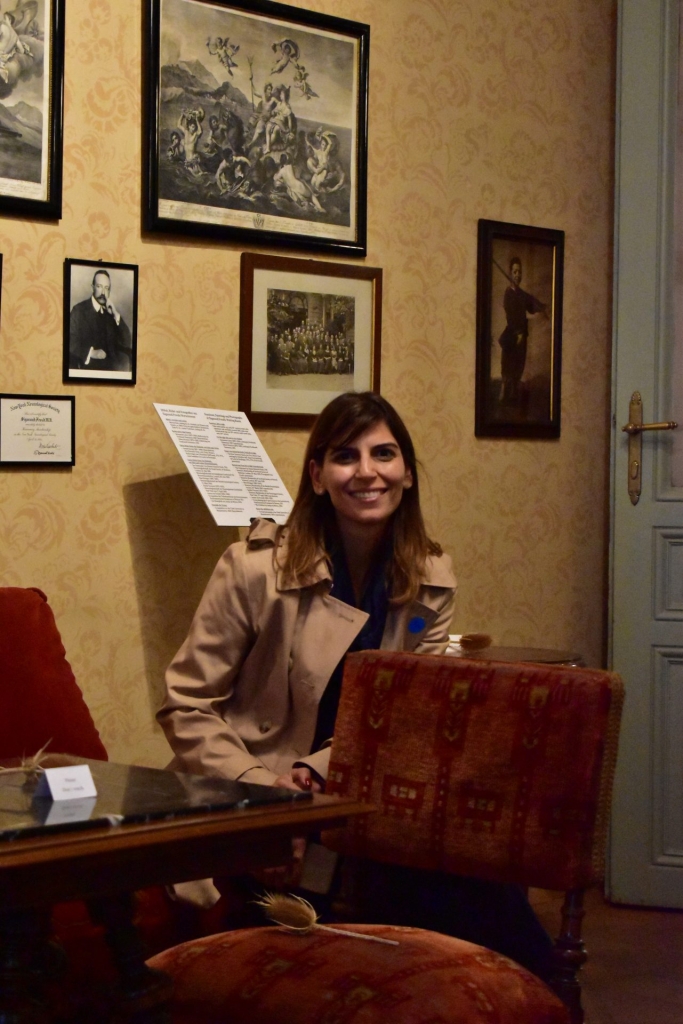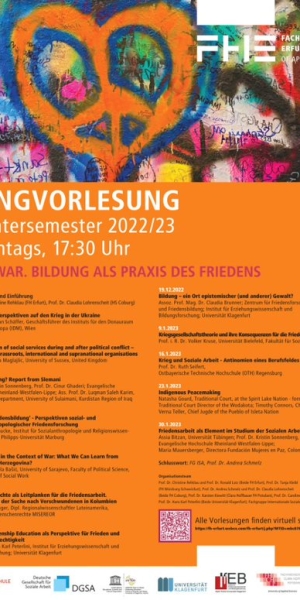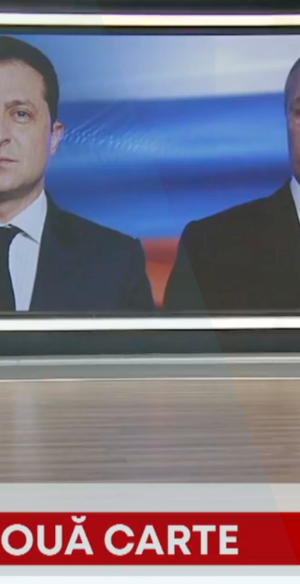ICU ICARE MEETING
During the period between 16th and 20th of October, The ICU ICARE Meeting was held at the Institute for the Danube Region and Central Europe with the idea of targeting the implementation of new tools and technologies, skills, innovative training for students and teaching methods for active university-healthcare sector collaboration in primary health care.
ICARE stands for Interprofessional, student-run, primary Care clinics: A university-enterprise knowledge triangle cooperation approach (I Care). Whereas the mission of the ICU- RERE project is to enforce A Knowledge Triangle (AKT) Approach to integrate Education, Research and Community (ERC) to provide a timely e-health system that focuses on the advances in technology that offer patients, practitioners, medical centers, and hospitals new and innovative options for high quality and cost-effective e-medical and healthcare. The project is Co-funded by EU/EACEA Erasmus+ Capacity Building with grant holder Linnaeus University (LNU) -Sweden represented by Prof. Dr. Mosad Zineldin.
Collaboration within the ICU ICARE projects, whose perspective goes beyond the borders by analyzing the challenges of a complex medical profession, is critical for skills development with the main focus of creating new placements and job opportunities, but also making an impact on students, on the higher education institutions involved and on society.
The event kicked off with the welcoming speech from Mr. Sebastian Schäffer, the Managing Director of the IDM and Prof. Dr. Mosad Zineldin, Grant holder Linnaeus University (LNU) in Sweden. Through interactive sessions and meetings, numerous interesting insights and experiences were shared, starting with Dr. Vid Velikić who introduced the effects of clinical clerkship in psychiatry and medical studies in Vienna. He also mentioned internships and the possibility of implementing telemedicine in psychiatry. Prof. Dr. Nick Guldemond guided us through his presentation on Experiences and reflections on eHealth implementation and then we got a look into the topic regarding guidelines for the junior medical student-run primary care clinics and internship as a result of the survey about the issue related to senior student internship with Prof. Dr. Ahmed Makhlouf, who joined via ZOOM. Ph.D can. Melita Sogomonjan from Tallinn University of Technology addressed Micro-degree development for medical doctors on „Innovation and leadership in medicine“. On the last day, Dr. Ivana Dabović discussed her experience in the field by also encouraging other participants to compare their own and share some interesting perceptions and differences. Last but not least, Prof. Dr. Hussein Mcheimeche & Dr. Mirna Chahine from the Faculty of Medicine Lebanese University (FoM-LU) presented the Medical students’ internship at FoM- LU.
Following up the presentations, Prof. Dr. Mosad Zineldin mentioned some goals of the projects that include creating a single integrated comprehensive system of innovative e-Health approach based on University- Enterprise Cooperation (UEC) that allows implementing a modern Healthcare and medical system to ensure the opportunity of the utilization of synergetic effects for healthcare availability and equity for all population to reduce medical and healthcare errors and increase patient safety; to produce a new generation of physicians, nurses and other healthcare staff, IT and engineering staff as well as research staff with main goal to satisfy the needs of Lebanese and Egyptian hospitals, medical centers, private clinics, healthcare and medical enterprises and institutions, etc.
As a part of the programme, the participants also visited the Sigmund Freud Museum, known as the birthplace of psychoanalysis where Freud lived and worked for 47 years.
The IDM team had the pleasure of hosting this highly engaging event alongside the Project manager Prof. Dr. Mosad Zineldin. This was an opportunity and a source for all the participants with different levels of expertise and skills in the fields of e-Health and Medical Informatics to increase their knowledge and interest in this domain. Therefore, on this occasion, we would like to thank everyone who was part of the meeting.
Author:
Darija Benic

